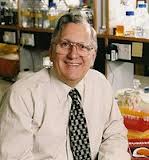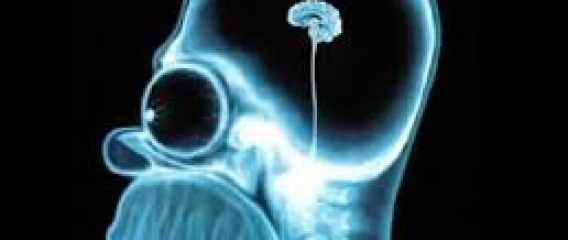If you think your brain might be shrinking (due to aging, poor memory, or signs of dementia) you’ll want to know about the relationship between homocysteine and B vitamins.
Researchers at the University of Oxford recently published study results that show significantly reduced brain atrophy in pre-dementia patients (those with Mild Cognitive Impairment) as a result of B vitamin supplementation.
Homocysteine is an amino acid that, when evident in high levels in blood plasma, has been linked to shrinkage in specific areas of the brain such as the amygdala and hippocampus, as well as faster overall brain shrinkage.
According to the National Institutes of Health, high homocysteine levels may double the risk of developing Alzheimer’s disease (AD). This was proven in a long-running study in which homocysteine levels were measured in a large population over several years. The NIH report from 2002 points out: “The relationship between AD and the amino acid homocysteine is of particular interest because blood levels of homocysteine can be reduced, for example, by increasing intake of folic acid (or folate) and vitamins B6 and B12. The therapeutic use of these compounds is being explored as scientists try to understand better homocysteine’s role in AD or other types of dementia, as well as its possible link to various forms of heart disease.”

The research also looked at atrophy rates in specific brain regions associated with AD. They found dramatic reduction of atrophy in the B vitamin group, with a seven-fold reduction in the atrophy of the medial temporal lobe and other specific regions associated with AD.
B vitamin supplementation also returned homocysteine levels to normal in those subjects for whom it was high at the beginning of the study.
What constitutes a high homocycteine level? In the Oxford study, levels over 11umol/L were considered high. A clinic that I personally attend cites 10 umol/L as the magic number. Smith told BetterBrainBetterLife: “We defined the cut-off for this study as the median value (11) in the population being studied so that we could get the maximum number of subjects in each group. What is defined as ‘high’ will depend upon age and other circumstances. 10 is not a bad cut-off.”

The Oxford team is calling for further research into the relationship between homocysteine and B vitamin supplementation, with an eye to reducing the incidence of dementia. Smith cautions, however, that there is no proof that B vitamins prevent cognitive decline in those with AD: “The evidence is rather that they do not. A trial by Aisen showed that high-dose B vitamins did not slow cognitive decline in patients with moderately severe AD, although it appeared to in those with mild AD.”
If you’re over 50 or at risk of dementia it might be wise to have your homocysteine levels checked, and perhaps to take a B vitamin supplement in the same proportions as those used in this study. Such supplements could be a relatively inexpensive way to help protect your brain from the ravages of dementia. It’s not a cure, but it could help.
Dr. Smith, being the circumspect scientist that he is, politely refused to comment on whether he finds the study results persuasive enough to motivate him personally to take B vitamin supplements. Seeing as I, the writer, am not a scientist, and given that I have high homocysteine levels, plus a mother with dementia, I am indeed doing so.

